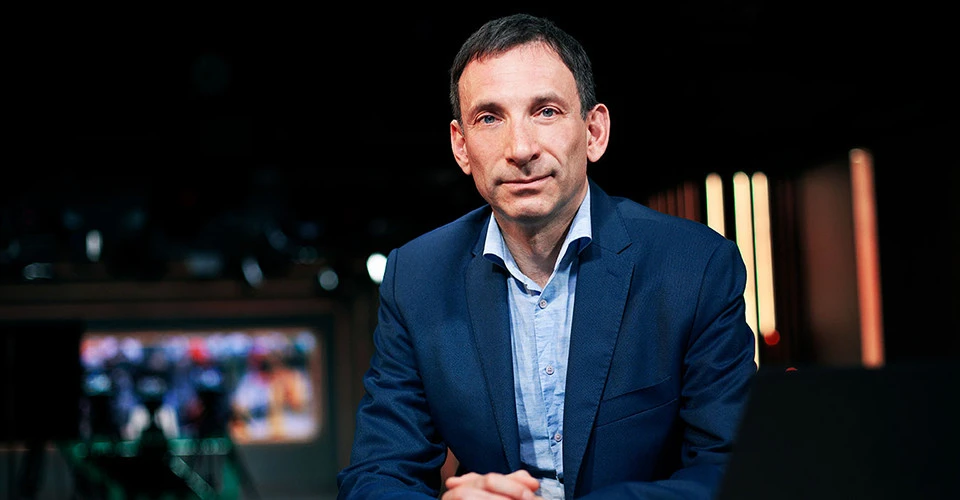
Biden will fight
U.S. President Joe Biden, in his first campaign rally following a contentious debate with former President Donald Trump, and amid calls for him to withdraw from the 2024 presidential election, acknowledged the debate's shortcomings but unequivocally asserted his intention to stay in the race. Biden's remarks are a direct response to critics within the Democratic Party urging him to step aside for another candidate
Calls for Biden to withdraw emerged immediately after the debate, which many Democratic supporters viewed as a significant political setback. Not only individual politicians and journalists but also entire editorial boards of liberal-leaning American outlets, who previously endorsed Biden, joined the chorus.
Despite his less-than-confident performance during the debate, Biden appeared more assured at his subsequent rally, signaling his reluctance to entertain such suggestions. Moreover, the Democratic camp now reflects a spectrum of opinions.
Former President Barack Obama, who himself experienced challenging debates but ultimately prevailed in the presidential election against Mitt Romney, lent his support to Biden. Obama highlighted Biden's lifelong advocacy for ordinary Americans, contrasting it with Trump caring only for himself.
Thus, it can be assumed that Joseph Biden's election campaign will proceed regardless of those who believe it rational to abstain from participating in the next US presidential election. Supporters of this course of events face several questions. Joseph Biden isn't merely a nominee for the Democratic Party's presidential candidacy; he has navigated the Democratic primaries and competes for delegates' votes not just as the incumbent president but also as the undisputed victor of these primaries, endorsed by 95 participants who are members and supporters of the Democratic Party. For Democrats, this isn't merely a formality.
Therefore, the question naturally arises: What will the Democratic National Convention look like if, hypothetically, Joseph Biden declines to participate in the vote? Would it elect someone who did not undergo primaries and lacks the support of Democratic Party members? Will presidential contenders not feel deceived if the delegates they entrusted to support Biden vote for another candidate?
There's also a straightforward question: Why do the establishment and supporters of the Democratic Party believe that such a candidate, who didn't undergo widespread Democratic support, didn't present a campaign platform in the primaries, and was simply endorsed by the convention, could garner the necessary majority of American voters to defeat Donald Trump? It's worth noting that, while Donald Trump enjoys significant support among ordinary Republican Party members and supporters, his standing among the Republican elite isn't as strong.
If the goal is to defeat Donald Trump in the US presidential election, it's clear that the winner must have strong support from Democratic Party members and supporters. A candidate representing the establishment lacks this opportunity and won't defeat Trump, regardless of approval from the Democratic Party's National Committee or its donors.
Overall, analyzing the US election campaign logically, these initial debates show not just political strategy but also a sense of political panic among those hoping for a Democratic victory over the Republicans. This panic could be more perilous for Democrats than the physical health of their potential presidential candidate and current American leader, Joseph Biden.
The real issue isn't just about how confident the US president himself should feel — it's about how confident his supporters should feel. They shouldn't entertain the idea that Biden could lose to Trump, given Trump's falsehoods and self-serving behavior in politics, as highlighted by Barack Obama in his statement endorsing Joseph Biden. If supporters lack confidence, it's a more significant problem than doubts of the presidential candidate.
Let's not forget: this election, like previous ones, is essentially a referendum on whether Americans are willing to see Donald Trump return to the White House. This is especially pertinent now, considering his involvement in the Capitol unrest – a clear threat to American democracy and its traditional form if Trump were to reclaim the US presidency.
About the author. Vitaliy Portnykov, journalist, Shevchenko National Prize laureate
The editors do not always share the opinions expressed by the blog authors.
- News














































